In recent years, Vietnam-Netherlands relations have been developing very strongly. Speaking during talks with Prime Minister of the Kingdom of the Netherlands Mark Rutte in Hanoi in early November 2023, Prime Minister Pham Minh Chinh highly appreciated the friendly, sincere and trustworthy partnership between the two countries, considering it a typical example of a dynamic, effective and practical relationship.
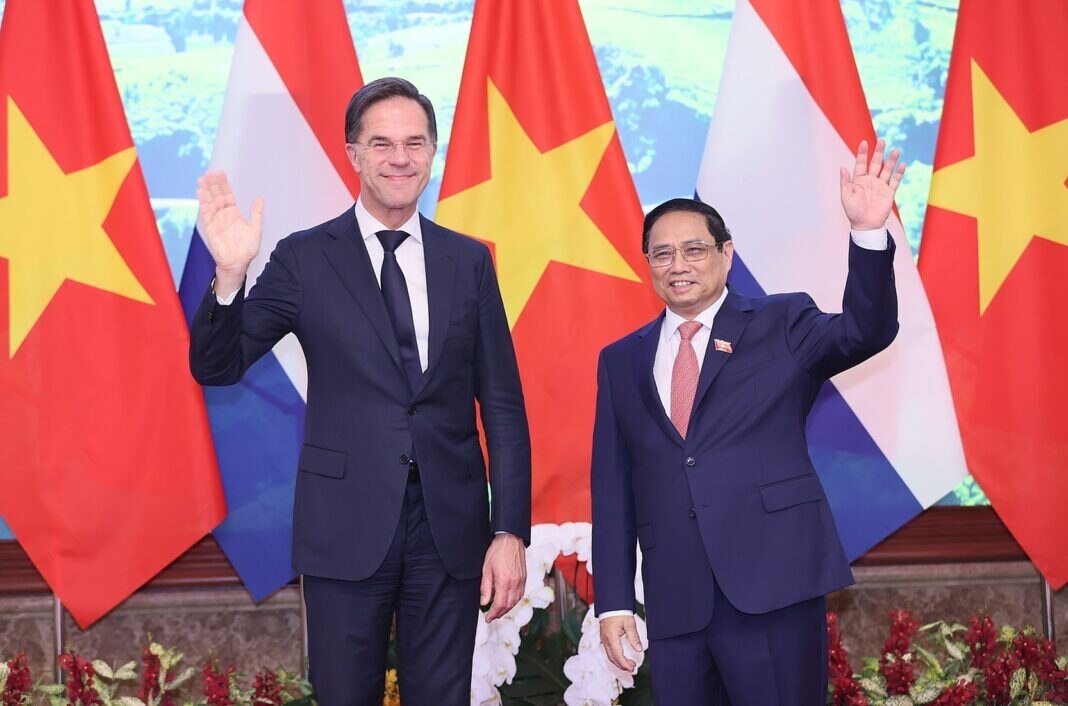
Prime Minister Pham Minh Chinh and Dutch Prime Minister Mark Rutte. Photo: Duong Giang-VNA
Prime Minister Pham Minh Chinh also said that the two countries are determined to cooperate, develop self-reliance and sustainably, and actively contribute to peace, stability and development in the region and the world .
Asian-European Synchrony
Although the two countries officially established diplomatic relations on April 9, 1973, according to Prime Minister Mark Rutte, the two countries have a long-standing relationship dating back more than 400 years to when Dutch merchant ships docked at Hoi An port. During the time Vietnam waged its struggle against the US to save its country, many Dutch people took to the streets to protest the war and established the Netherlands-Vietnam Medical Committee to provide humanitarian aid to Vietnam.
Since the 1990s, the relationship between the two countries has been consolidated and strengthened. The Netherlands considers Vietnam a priority partner and its policy of promoting cooperation with Vietnam has received high support and consensus from the Dutch political community as well as the business community.
Many visits and delegation exchanges have been made between high-ranking leaders of the two countries, thereby creating a foundation for strengthening the friendly, trustworthy relationship and good cooperation in all fields.
Typical visits to the Netherlands include Prime Minister Phan Van Khai (October 2001), Prime Minister Nguyen Tan Dung (September 2011), Prime Minister Nguyen Xuan Phuc (July 2017), National Assembly Chairwoman Nguyen Thi Kim Ngan (March 2018), Prime Minister Pham Minh Chinh (December 2022)... On the other hand, many members of the Royal Family and leaders of the Dutch Government have visited Vietnam, notably the visits of Prime Minister Wim Kok (June 1995), Crown Prince Willem Alexander (October 2005 and March 2011), Queen Máxima Zorreguieta Cerruti (May 2017), Prime Minister Mark Rutte (June 2014, April 2019)...
Through the visits, many bilateral cooperation mechanisms have been approved by the two countries and have operated very effectively. The two sides have signed many important cooperation agreements and arrangements, creating a legal basis to promote bilateral relations in many fields, focusing on priority areas including: climate change adaptation and water management, agriculture, oil and gas, marine economy and logistics services.
Notably, in October 2010, the two countries established a Strategic Partnership on Climate Change Adaptation and Water Management. Subsequently, the two sides established a Strategic Partnership on Sustainable Agriculture and Food Security in June 2014 and a Comprehensive Partnership in April 2019.
In multilateral and regional international forums, especially within the framework of the United Nations, ASEM, ASEAN-EU, Vietnam and the Netherlands always support and actively cooperate with each other. The two countries have supported each other's candidacy for UN agencies such as the Security Council, Human Rights Council, and ECOSOC.
The Netherlands also supports Vietnam in promoting relations with the EU, sharing its stance on resolving disputes in the East Sea through international law. In return, Vietnam helps the Netherlands strengthen relations and access the ASEAN market more easily.
Important economic partner
Not only in the political field, in recent years, the relationship between Vietnam and the Netherlands has also developed strongly in many other fields, especially economics, trade and investment. The Netherlands is currently Vietnam's second largest trading partner in Europe and the EU's largest investor in Vietnam. Trade between the two countries reached 8.37 billion USD in 2021, up nearly 10% over the previous year. This figure continued to increase sharply to 11.1 billion USD in 2022, up 32.6% over 2021.
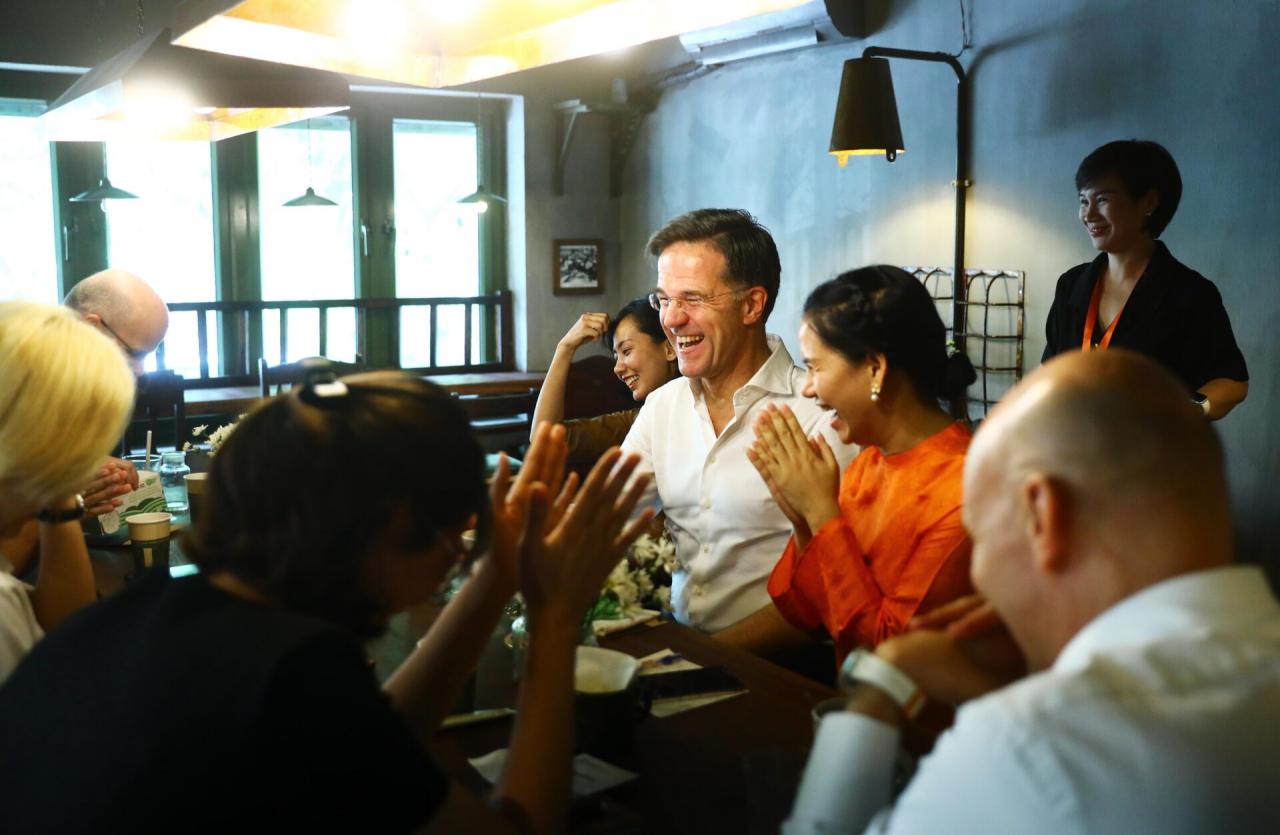
Dutch Prime Minister Mark Rutte talks with Vietnamese friends. Photo: Lam Khanh - VNA
Currently, Vietnam mainly exports to the Netherlands computers, electronic products and components; machinery and equipment; phones and components; textiles; footwear; agricultural and aquatic products such as vegetables, cashew nuts, coffee, pepper, rice; chemical products, plastic products. In the opposite direction, the Netherlands exports to Vietnam food, animal feed and raw materials, chemicals and chemical products, pharmaceuticals, plastic products, machinery, equipment, etc.
One of the important factors contributing to the strong development of economic relations between the two countries is the Free Trade Agreement between the European Union and Vietnam (EVFTA). Coming into effect from August 2020, this agreement has created many opportunities for businesses of the two countries to expand cooperation, while helping many agricultural products of Vietnam access the EU market with preferential tax rates.
In terms of investment, as of September 2023, the Netherlands is the largest investor among European Union (EU) member countries in Vietnam. Dutch enterprises currently own 431 projects, with a total registered capital of 14.19 billion USD.
Some notable Dutch investment projects in Vietnam include: Mong Duong power plant worth 2.1 billion USD and Phu My 3 power plant worth 410 million USD (actually an investment from the United States through an office in the Netherlands); Pepsico Vietnam Company worth 180 million USD. Dutch investment projects are mainly concentrated in the southern provinces such as Ho Chi Minh City, Ba Ria-Vung Tau, Dong Nai, Binh Duong... Many large Dutch corporations are operating very effectively in Vietnam such as Heineken (Heineken beer, Tiger, Bivina), Unilever (detergents, cosmetics, Wall cream), Royal Dutch Shell (oil and gas exploitation and distribution), Foremost (milk), Akzo Nobel Coating (pharmaceuticals), Philips (electronics)...
Regarding development cooperation, over the past decades, the Netherlands has been one of the EU's largest official development donors to Vietnam. Cooperation between the two countries in the early stages mainly focused on the field of development cooperation when the Dutch Government provided aid to Vietnam to overcome the consequences of war and provided technical support to develop the agricultural sector.
In June 1999, the Netherlands listed Vietnam as a priority country for development aid. In October 2000, the two countries signed a framework agreement on development cooperation. Dutch aid during this period focused on three areas: forestry and biodiversity; health; and state management.
In addition to the annual bilateral budget, the Netherlands also implements a number of support programs for Vietnam such as ORET/MILIEV (official development assistance export transactions), PSOM (cooperation program with emerging markets), ORIO (infrastructure development support program for developing countries, officially ended at the end of 2016), DRIVE (from 2017 to present, is a program following the end of the ORIO Program, aiming to provide Dutch aid capital for projects in the field of infrastructure development investment in Vietnam, with the goal of softening interest rates for preferential loans from the Dutch Government to the Vietnamese Government), NICHE (educational capacity building initiative), PPP (public-private partnership), G2G (cooperation initiatives between the two governments)...
In addition, the Netherlands also provides some non-governmental aid through the Netherlands-Vietnam Health Commission. This organization has provided Vietnam with much support in the fields of health, public health, and livelihood development for the rural poor since 1968.
Since January 2014, the Netherlands has shifted its relations with Vietnam to a “trade partnership” with a focus on promoting trade and investment with Vietnam to contribute to the economic growth and employment of the Netherlands. However, the Netherlands continues to fund many social organizations in Vietnam operating in the social and economic fields.
Along with promoting trade and investment cooperation, Vietnam and the Netherlands are actively expanding cooperation in many other areas. In particular, the two sides established a Strategic Partnership on Climate Change Adaptation and Water Management in 2010. The most prominent activity in the first years of cooperation between the two countries was the completion of the Mekong Delta Plan with a long-term vision, making many recommendations, focusing on solving issues of water resource management and climate change adaptation to turn the Mekong Delta into a sustainable economic development region.
Currently, the Netherlands continues to share experience, human resources, and technologies to support Vietnam in solving urgent problems such as drought and salinity intrusion, especially in dealing with subsidence and erosion of river banks and coastlines, etc.
The two countries also cooperate strongly in the field of agriculture. Within the framework of the Strategic Partnership on Climate Change and Sustainable Agriculture, the two sides have implemented many medium- and long-term cooperation programs and projects. The Netherlands is currently a major investor in Vietnam's agricultural sector and is gradually helping Vietnam build sustainable agricultural production, increasing the value of exported goods in the fields of vegetables and fruits, gardening, livestock and aquaculture.
In the field of education and training cooperation, the Netherlands has assisted Vietnam in many projects, including: the Vietnam-Netherlands Inter-University Cooperation Program, the Dutch Government Scholarship Program and the Huygens Scholarship Program with 30-50 scholarships/year. Since August 2002, the Netherlands has included Vietnam in the list of countries enjoying special status in university training cooperation. Many Vietnamese universities and research institutes have established close training and research cooperation relationships with Dutch partners.
During their talks in Hanoi on November 2, Prime Minister Pham Minh Chinh and his Dutch counterpart Mark Rutte agreed to enhance political trust through high-level delegation exchanges, continue to effectively implement bilateral cooperation mechanisms and agreements, and study the establishment of new mechanisms to deepen specialized cooperation between the two countries. The two prime ministers also affirmed that economy and trade are important pillars in bilateral relations, and agreed to continue to fully and effectively implement the EVFTA.
In addition, the leaders of the two countries also agreed to continue promoting the Strategic Partnership framework on climate change adaptation, water management, sustainable agriculture, contributing to jointly responding to global challenges, especially cooperation in the fields of offshore sand mining, green economic development, circular economy, climate change-responsive urban areas, training high-quality human resources on climate change and water resources management, irrigation, disaster prevention, etc.
The two sides also agreed to maximize the potential for bilateral cooperation in high technology, electronic microchip manufacturing, semiconductor equipment, building digital platforms and telecommunications ecosystems, digital transformation, and human resource development in this field; agreed to expand cooperation in potential areas such as exploration and sustainable exploitation of important minerals; defense - security; customs; maritime; logistics; promoting people-to-people exchange, etc.
On this occasion, the ministries, branches and associations of the two countries signed four cooperation documents, including: Handing over the Netherlands Orange Book; Agreement on the implementation of the Agreement between Vietnam and the Netherlands on cooperation and mutual administrative support in the field of customs; Decision on non-refundable aid from the Netherlands for the program to promote exports to the EU market through an e-commerce platform for women-owned businesses in Vietnam; Letter of Intent on cooperation in the exploration and sustainable exploitation of important minerals.According to analysts, on the basis of a trustworthy friendship, shared political determination, potential and need for cooperation, compatible and mutually beneficial economic relations, the good relationship between Vietnam and the Netherlands will certainly continue to bear fruit, bringing the comprehensive partnership between the two countries increasingly deeper and more substantial./.
Thu Van


![[Photo] Prime Minister Pham Minh Chinh attends the groundbreaking ceremony of Trump International Hung Yen Project](https://vphoto.vietnam.vn/thumb/1200x675/vietnam/resource/IMAGE/2025/5/21/ca84b87a74da4cddb2992a86966284cf)
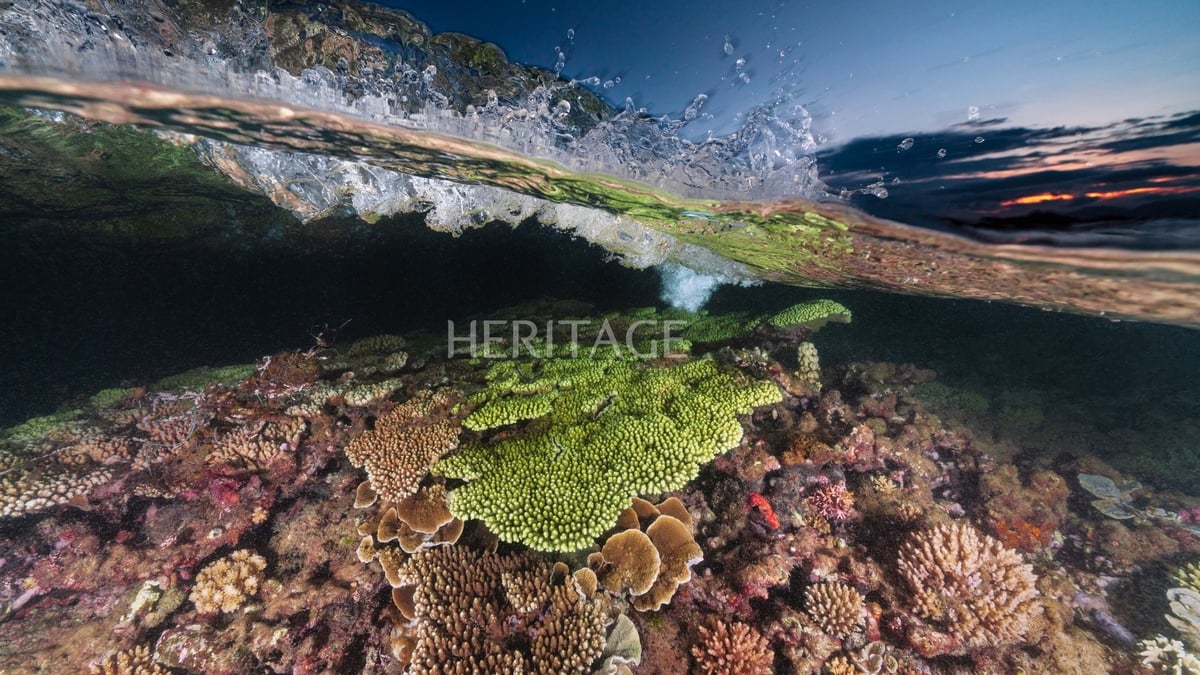
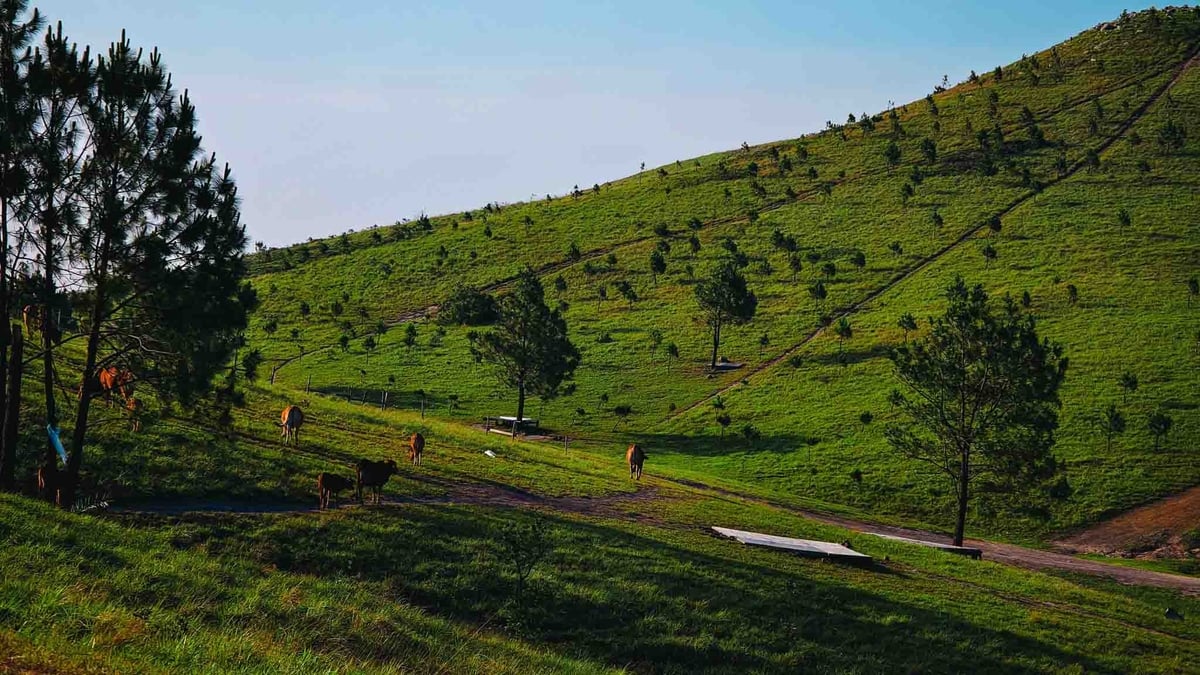
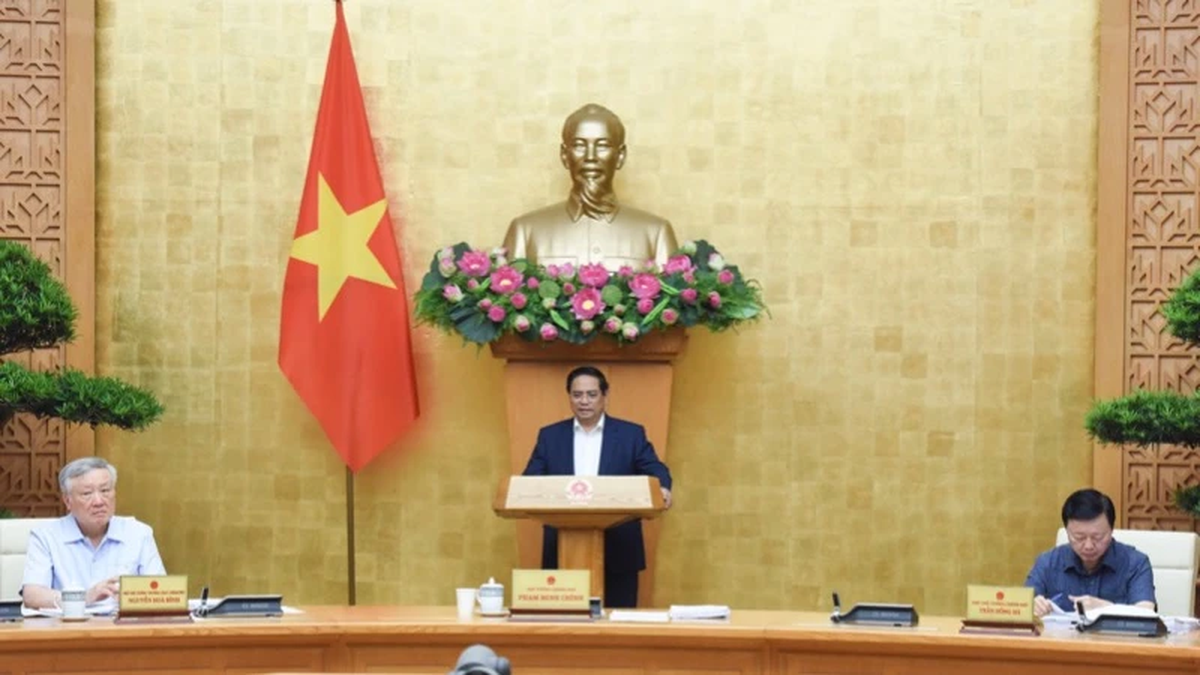
![[Photo] Prime Minister Pham Minh Chinh chairs the Government's special meeting on law-making in May](https://vphoto.vietnam.vn/thumb/1200x675/vietnam/resource/IMAGE/2025/5/22/1c880aae96fd4e0894abc47a46fe19ba)



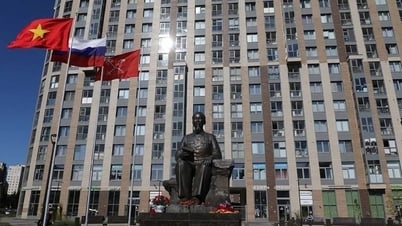

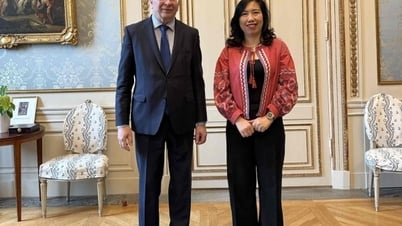
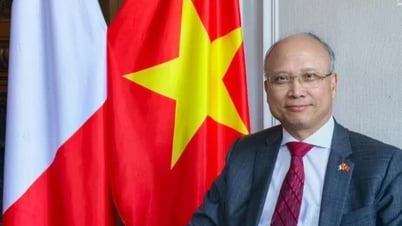
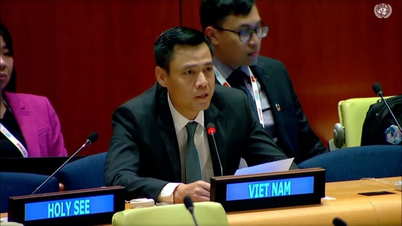
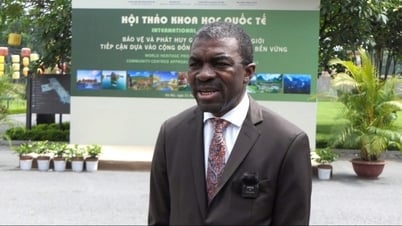




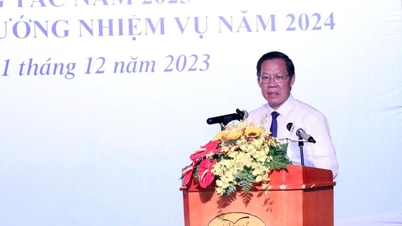

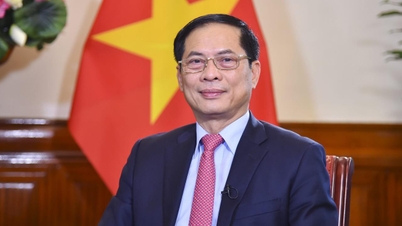
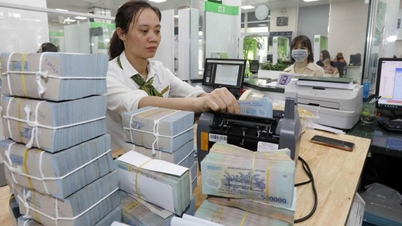
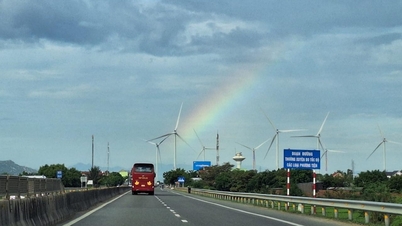
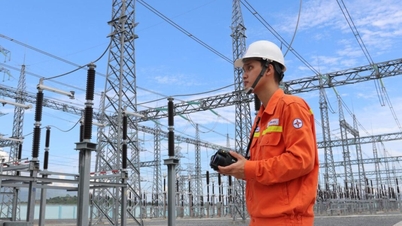


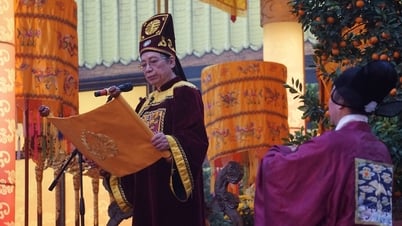



































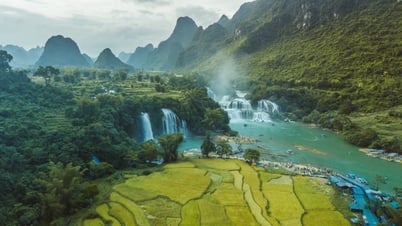
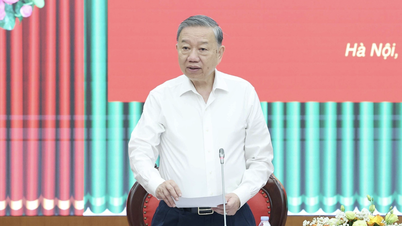
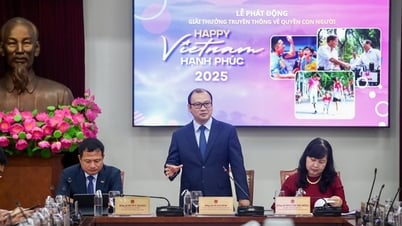
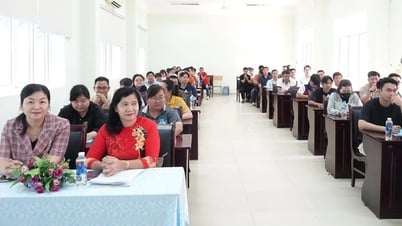
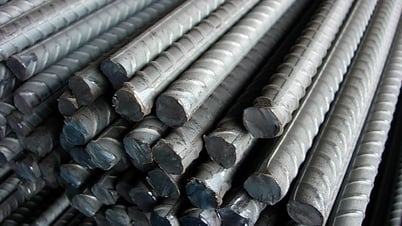

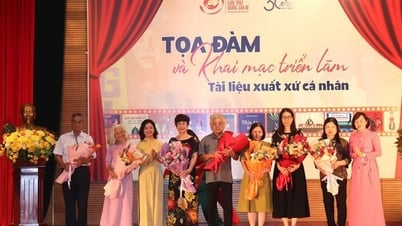
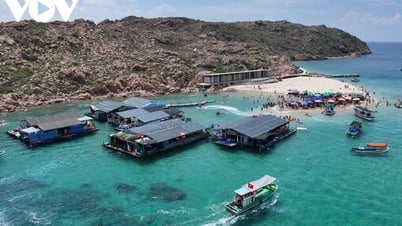
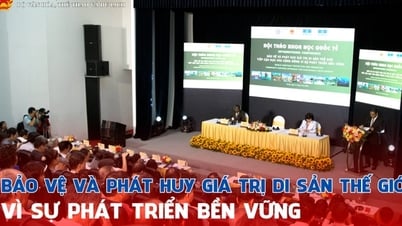
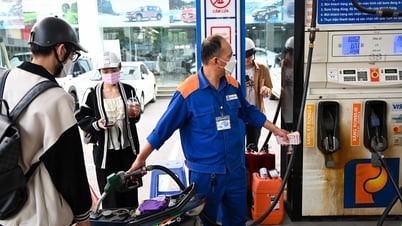



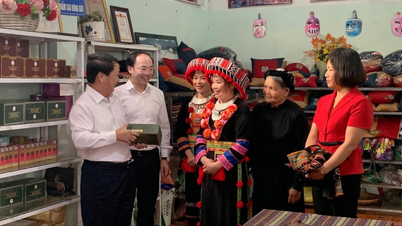

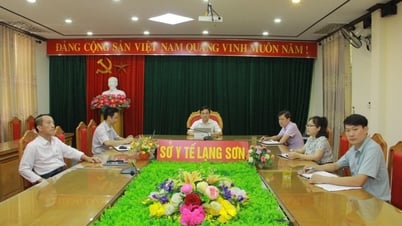

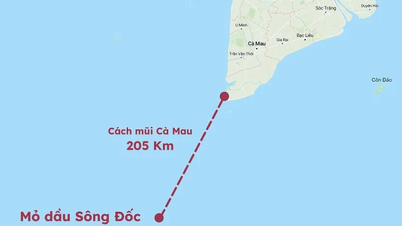

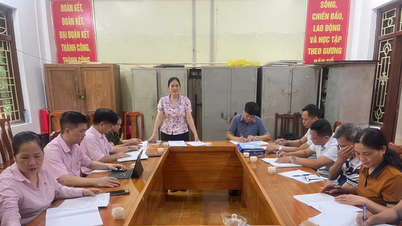



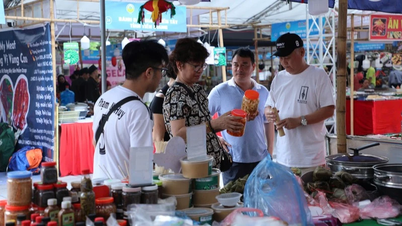
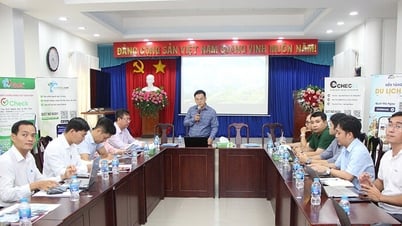

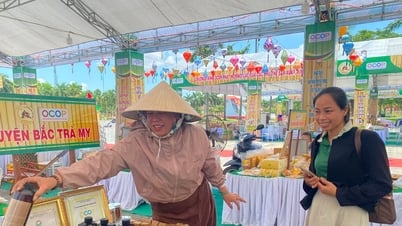



Comment (0)